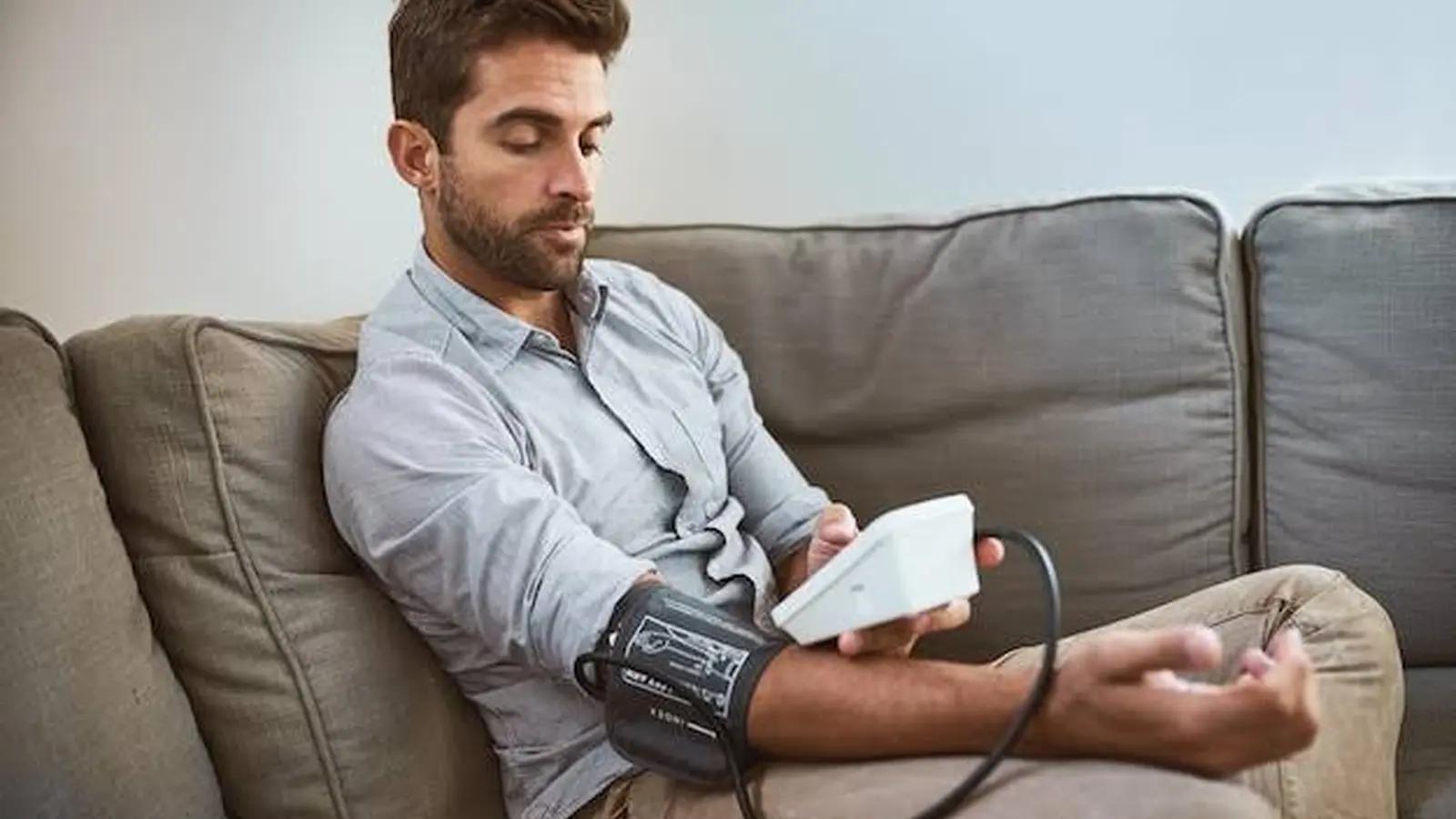6 Minutes
Study overview: mHealth, blood pressure monitors and a large real-world cohort
An integrated mobile health (mHealth) approach—pairing a smartphone app with a Bluetooth-enabled blood pressure monitor—produced clinically meaningful reductions in systolic and diastolic blood pressure in a large observational study. The intervention, developed by HelloHeart, tracked vitals and medications while delivering AI-driven lifestyle coaching, medication reminders, personalized reports, and sex-specific clinical guidance. The study followed roughly 48,000 participants from July 2015 through September 2023 and reports its principal findings in the American Journal of Preventive Cardiology.
Overall, the system reduced blood pressure across the cohort, but the benefit was markedly larger for women, especially those in perimenopause, menopause, and postmenopause. Women with baseline systolic blood pressure above 140 mm Hg experienced sustained reductions over 12 months that exceeded those observed among comparable men. The study cohort was 55% female, a composition HelloHeart describes as one of the largest datasets evaluating a digital intervention’s impact on women’s cardiovascular health to date.
Why sex and age matter for cardiovascular risk
Biological sex and midlife transitions such as menopause influence cardiovascular physiology and disease risk. As estrogen levels decline during perimenopause and menopause, the hormone’s protective effects on the heart and vasculature are reduced. Estrogen interacts with receptors in multiple organs and vessel walls, contributing to vascular flexibility and anti-inflammatory signaling; loss of this influence can make vessels less pliable and predispose to elevated blood pressure—even in women who previously had normal readings.
Clinically, this shift helps explain why women historically have lower rates of heart attack than men before menopause but see their risk converge with or exceed men’s risk after menopause. Pregnancy and other reproductive events can also unmask latent hypertensive tendencies, but menopause stands out as a major inflection point for long-term cardiovascular risk. In this context, effective blood pressure control during the menopausal transition can substantially affect lifetime risk of heart disease and stroke.
Mechanisms of benefit: engagement, personalized coaching and sex-specific guidance
The HelloHeart program combined frequent self-monitoring with digital coaching and medication support. App functions included blood pressure and heart-rate logging, cholesterol and medication tracking, adherence reminders, and tailored lifestyle recommendations informed by evidence-based guidelines. Importantly, the platform collected usage data, allowing researchers to examine how “engagement” correlated with outcomes.
A second analysis, presented at major cardiology meetings in 2025, found that women demonstrated higher app engagement than men, and that engagement partially mediated the relationship between sex and blood pressure reduction. In other words, some of the improved outcomes in women could be explained by more frequent or sustained use of the digital tools. Women with stage 2 hypertension in the study achieved roughly a 9% greater reduction in systolic pressure than men with similar baseline values, suggesting that behavioral and adherence advantages can translate into measurable clinical gains.
These results do not imply biology is irrelevant; rather, they illustrate how sex-specific physiology (for example, hormonal changes during menopause) and sex-specific behaviors (higher engagement with health apps) can interact. Digital monitoring and AI-supported coaching appear particularly well suited to bridge the gap between guideline-recommended care and real-world adherence, especially during high-risk life stages for women.

Clinical implications and technology considerations
For clinicians and health systems, the study reinforces several points: incorporate sex and reproductive stage into cardiovascular risk assessment; prioritize blood pressure monitoring across midlife; and consider validated digital tools that combine objective home monitoring with tailored coaching and medication support. From a technology perspective, integrating app data with electronic health records (EHRs), ensuring accessibility and privacy, and validating interventions in randomized trials remain priority steps for broader clinical adoption.
Expert Insight
Dr. Maya Chen, MD, Preventive Cardiologist and Digital Health Researcher: "This study highlights how digital tools can amplify established therapies by improving adherence and providing just-in-time support. For women approaching or undergoing menopause, the combination of objective home monitoring and tailored behavioral coaching can reveal trends earlier and help adjust therapy proactively. The next step is to test these approaches in randomized settings and ensure equitable design so benefits reach diverse populations."
Future directions: precision cardiology and sex-specific care
The convergence of home monitoring hardware, AI-driven personalization, and large-scale real-world datasets creates new opportunities for precision cardiovascular care. Future work should explore how digital platforms can adapt coaching for sex, age, race/ethnicity, comorbidities, and social determinants of health. Trials designed to evaluate long-term cardiovascular outcomes—beyond blood pressure measurements—will be essential to confirm whether observed short-term improvements translate into lower rates of heart attack, stroke, and heart failure.
Regulatory, reimbursement, and clinical-workflow hurdles must be addressed so validated digital interventions can be prescribed or recommended by clinicians. Equity-focused deployment, multilingual interfaces, and compatibility with low-cost blood pressure devices will help ensure wider access.
Conclusion
A large real-world study shows that an integrated mHealth program—smartphone app plus Bluetooth blood pressure monitor—can lower blood pressure, with disproportionately greater benefit for women, including those in perimenopause and menopause. Biological changes during midlife increase cardiovascular risk for women, and higher engagement with digital tools appears to be a key mediator of improved outcomes. These findings support the case for sex-specific, technology-enabled strategies in preventive cardiology and underscore the need for further randomized studies, equitable implementation, and integration of digital health into routine clinical care.
Source: medicalnewstoday


Leave a Comment